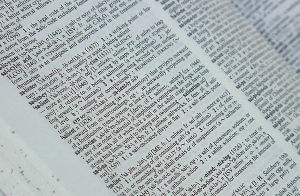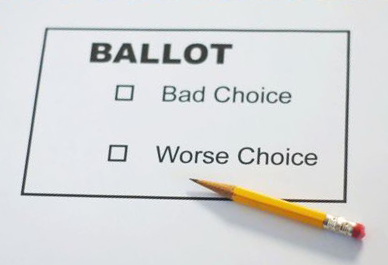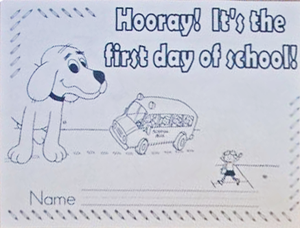
Somebody set up us the bomb.
Over at the Self Publishing Review, I found an interesting article entitled, “Why I Nuked My Writing Career Before it Even Started.” The author of the article, Andrew Van Wey, talks about how, in addition to offering his paranormal mystery for $2.99 on the Kindle and Nook platforms, he also uploaded a copy to the Pirate Bay.
Also, earlier in the week, I read an article by a self-styled “Social Media Expert,” who was offering his non-fiction books for $9.99, and seemed offended that authors would sell their books for less and make his book look overpriced. I would link to include a link, so you can decide for yourself whether or not the guy was an idiot, but I really don’t want to waste your time or give him free advertising.
So, let’s put aside the fact that non-fiction books have always commanded higher retail prices, and profit margins, than fiction books, and how much larger the pool of competition is for fiction books, and how I feel about anyone who give themselves the title, “Social Media Expert,” and doesn’t run a website with thousands of viewers.
First, I want to address the idea that self-published ebooks shouldn’t be sold at the $0.99 to $2.99 price point. I think what most self-publishing authors are forgetting or maybe not realizing is that when a major house publishes an ebook for $7.99, or a hardcover for $20, a newbie author is only going to see $1-$3 for each sale. To put this in perspective, I’m going to offer these numbers by J A Konrath, who is very forthcoming about how much money he makes.
A Zen Parable
Once an economist traveled to the office of a major music corporation. He offered charts, charts figures, reams of paper showing how, if the company lowered the price of its digital music from $1.00 to $0.05, the company could double it’s profits within a year.
The President of the company considered this for a moment and then said, “But, if I lower the price to $0.10, I can quadruple my profits in a single year,” and smiled, secure in the knowledge that he knew more about running his company than any economist.
Okay, so here’s where I go off the numbers game and talk about something more important than profit per unit: your relationship with your readers. Fiction is not created by words alone, it is a relationship between author and reader. Sure, at the end of the day, publishing is a business, but good customer relations may be the most important part of doing business in the twenty-first century. This is perhaps the reason for the whole social media boom. After decades of technology making us feel less and less connected to other people, the needle seems to have suddenly swung the other direction. Sure, we might want to still buy cheep shoes online, but we want to do through the company that seems to more genuinely care.
Play the long game. Don’t worry about how much money you can make on one book. Think of how many readers who will want to buy the next book. Look at Amanda Hocking’s pricing model. $0.99 for the first book in a trilogy, $2.99 for each additional book. By the time you’re done, she’s grossed $6.97 instead of the $8.97 she would have made from selling all the books at $0.99. But, how many more people picked up that first book because it was just $0.99?
 This is a link to the Cory Doctorow book, Little Brother. It is available for free on Doctorow’s website, just like all his other books. I have bought two trade paperback copies of this book. The first I bought for Cory Doctorow to sign. The second, I bought for a Christmas present for Tony Burroughs, a friend who I thought would benefits from the descriptions of technology. I like Doctorow enough that I wanted to buy a book for Tony, rather than just giving him a download link.. The purchase both supported Cory, and showed Tony that I saw value in our discussion of technology.
This is a link to the Cory Doctorow book, Little Brother. It is available for free on Doctorow’s website, just like all his other books. I have bought two trade paperback copies of this book. The first I bought for Cory Doctorow to sign. The second, I bought for a Christmas present for Tony Burroughs, a friend who I thought would benefits from the descriptions of technology. I like Doctorow enough that I wanted to buy a book for Tony, rather than just giving him a download link.. The purchase both supported Cory, and showed Tony that I saw value in our discussion of technology.
So, this might have turned into a bit of a rant, but who doesn’t like a good rant.
I guess it’s not different than what I talked about the other day. Is a wide readership or a higher profit margin more important? Personally, I think that a larger readership is ultimately better business in our weird, post-paper world, but only time will decide.










